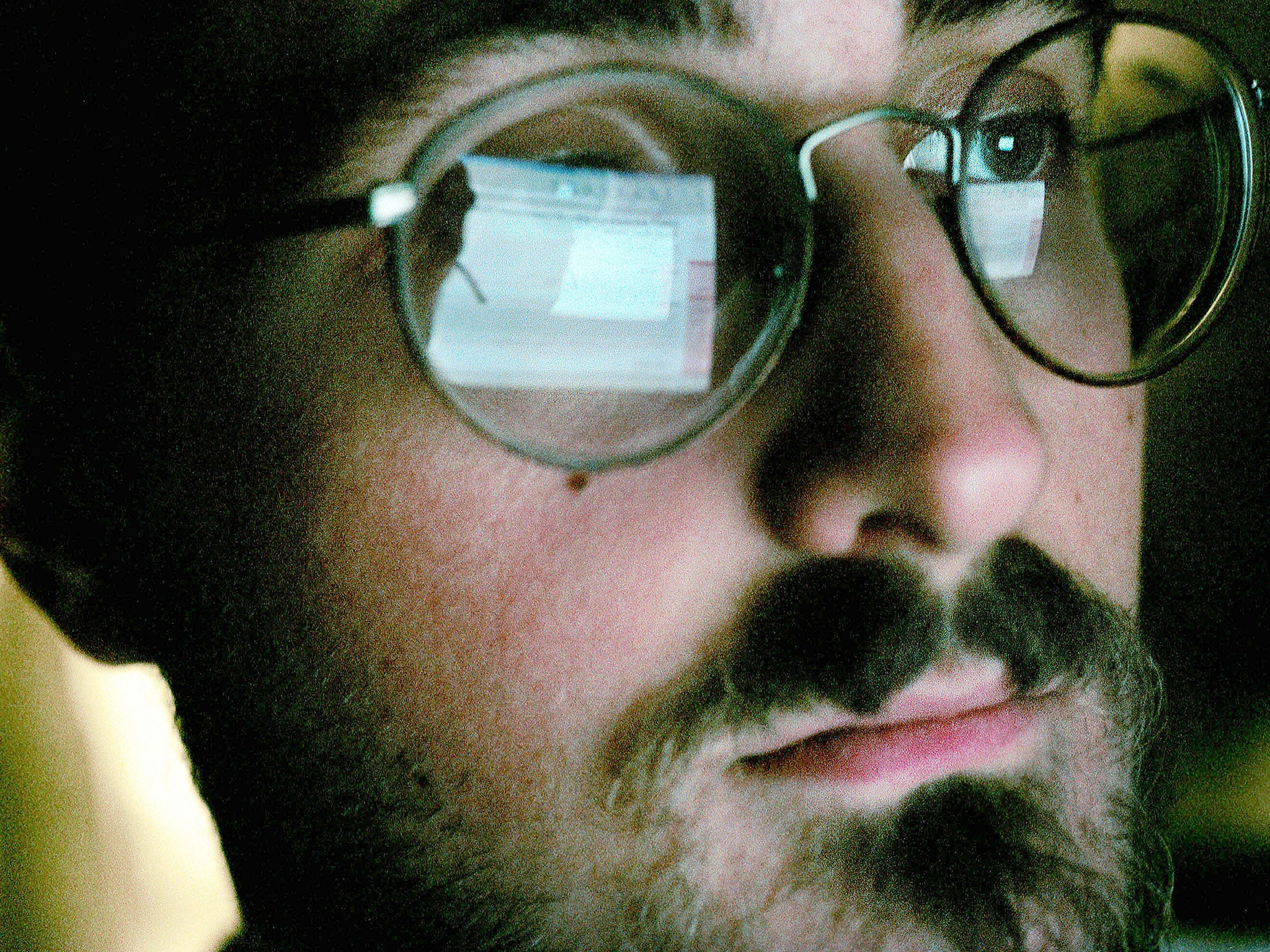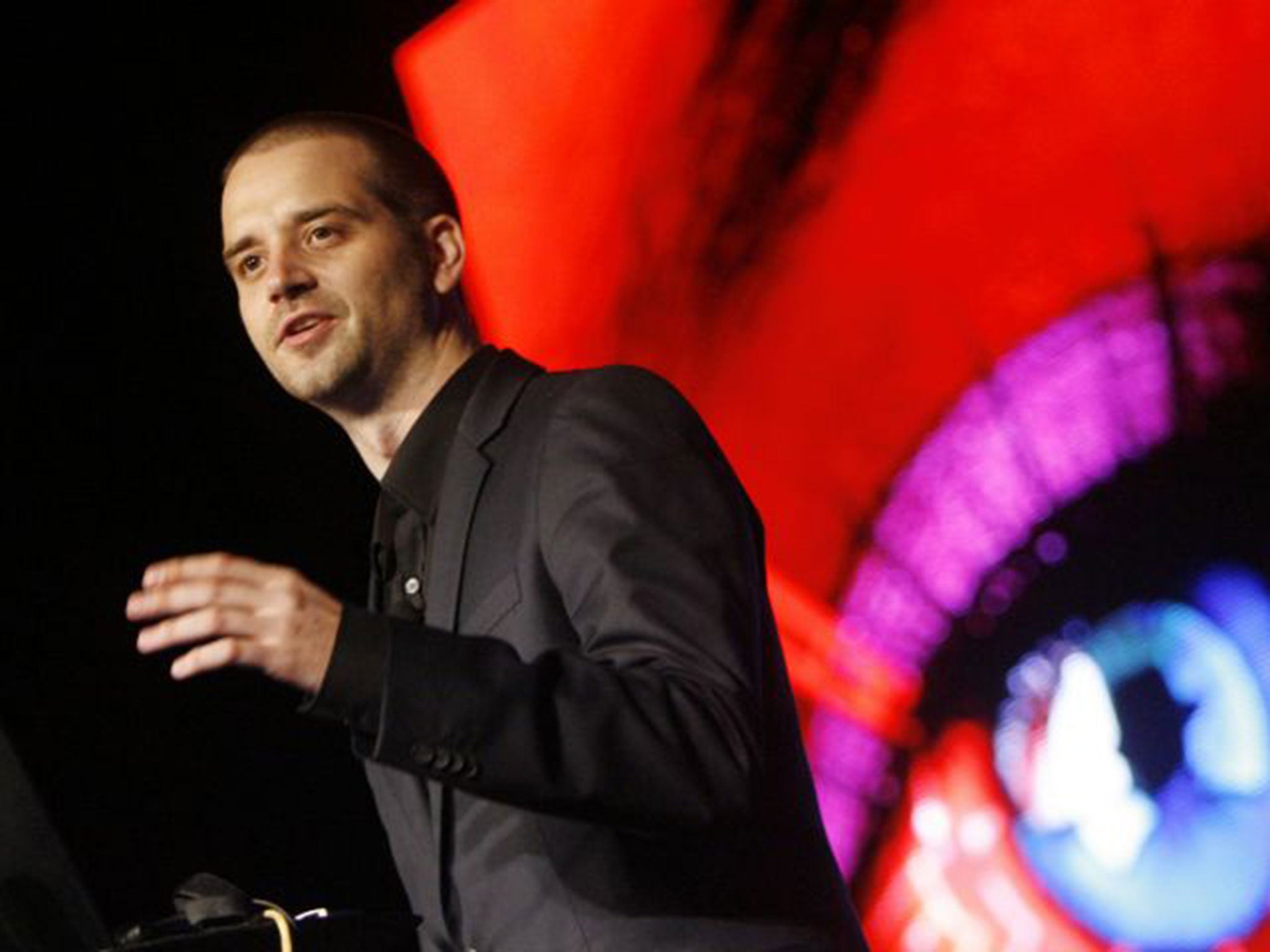Cyber crime: First online murder will happen by end of year, warns US firm
The rapidly evolving Internet of Everything will leave us more vulnerable to cyber criminals, according to a worried Europol

Your support helps us to tell the story
From reproductive rights to climate change to Big Tech, The Independent is on the ground when the story is developing. Whether it's investigating the financials of Elon Musk's pro-Trump PAC or producing our latest documentary, 'The A Word', which shines a light on the American women fighting for reproductive rights, we know how important it is to parse out the facts from the messaging.
At such a critical moment in US history, we need reporters on the ground. Your donation allows us to keep sending journalists to speak to both sides of the story.
The Independent is trusted by Americans across the entire political spectrum. And unlike many other quality news outlets, we choose not to lock Americans out of our reporting and analysis with paywalls. We believe quality journalism should be available to everyone, paid for by those who can afford it.
Your support makes all the difference.Governments are ill-prepared to combat the looming threat of "online murder" as cyber criminals exploit internet technology to target victims, the European policing agency warned. In its most alarming assessment of the physical danger posed by online crime, Europol said it expected a rise in "injury and possible deaths" caused by computer attacks on critical safety equipment.
Police forensic techniques need to "adapt and grow" to address the dangers posed by the so-called "Internet of Everything" – a new era of technological interconnectedness in which everything from garage doors to hospital health systems will be linked and controlled through computer networks.
The concept is behind the likely development of smart homes, cars and even cities, but police warned that the failure to protect devices properly could see them open to being hacked by outsiders to make money or to attack opponents.
The Europol threat assessment published last week cited a report by US security firm IID that predicted the first murder via "hacked internet-connected device" by the end of 2014. There have been no proven cases of murder by tampering with devices but hackers have highlighted numerous flaws in computer security systems.
In a series of high-profile stunts, Barnaby Jack hacked into cash machines to make them spew money, and exploited a flaw in an insulin pump. He died last year just before he was about to demonstrate how pacemakers could be hacked.
The former US vice-president Dick Cheney – who has a long history of heart problems – revealed last year that the wireless function had been disabled on his implanted defibrillator because of concerns that outsiders could hack the network and provoke a heart attack.

The idea was used in US thriller series Homeland when Mr Cheney's fictional counterpart was murdered by a similar method. "Well, I was aware of the danger … that existed but I found it credible," he said in an interview last year. "Because I know from the experience we had and the necessity for adjusting my own device that it was an accurate portrayal of what was possible."
"The IoE is inevitable. We must expect a rapidly growing number of devices to be rendered "smart" and thence to become interconnected. Unfortunately, we feel that it is equally inevitable that many of these devices will leave vulnerabilities via which access to networks can be gained by criminals."
It said that flaws in one system were likely to be part of many more resulting in large numbers of victims. The complexity of technologies would make it hard to identify the perpetrators, it said. Security breaches already identified include the hacking of webcams. A couple in Texas reported that a hacker was able to shout abuse at a two-year-old after exploiting a flaw in their baby monitor.
The US health authorities ordered hospitals to improve security after identifying problems with 300 medical devices and amid reports that malware (malicious software) had slowed down monitors used for high-risk pregnancies.
"There's already this huge quasi-underground market where you can buy and sell vulnerabilities that have been discovered," said Rod Rasmussen, the president of IID. He said that while the first reported murder was yet to happen, "death by internet" was already a reality from online extortion and blackmail that has led to suicide. He said if his firm's prediction of an online murder did not come to pass in 2014, it would likely happen within the next few years.
"Someone could unlock your [smart] home and get in to cause harm," said Craig Spiezle, of the Online Trust Alliance, a US-based privacy and security organisation. With new technology "there's always someone in the background to exploit it", he said.
Join our commenting forum
Join thought-provoking conversations, follow other Independent readers and see their replies
Comments